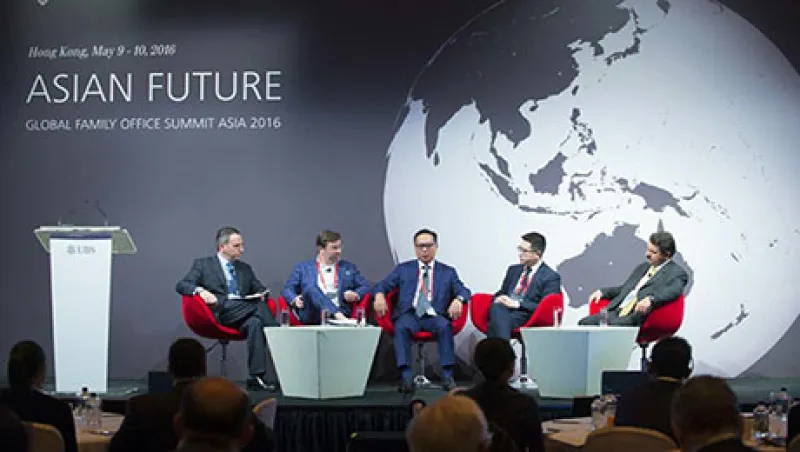
Rising Asian Fintech Investor AMTD Goes Global
As China’s online finance market grows, the Hong Kong firm is pursuing investment and partnerships at home and overseas.
Allen T Cheng
January 12, 2017


